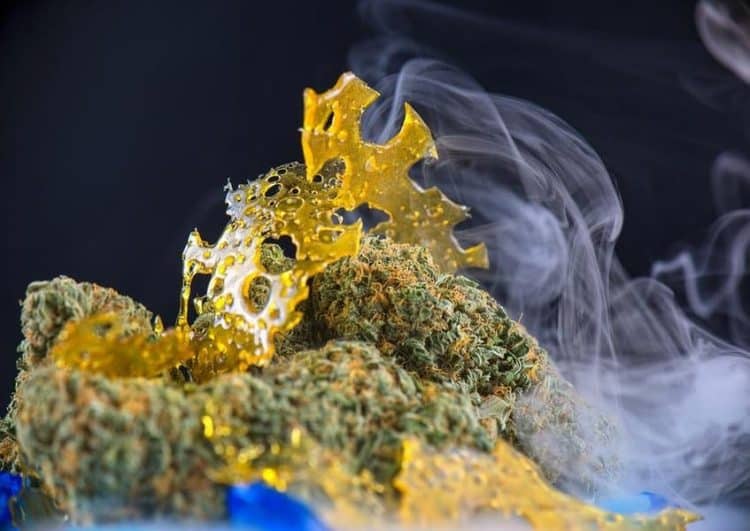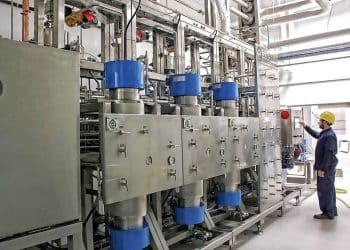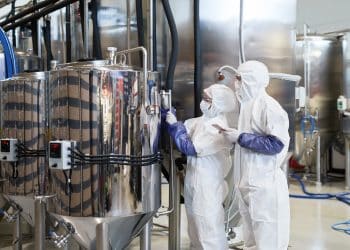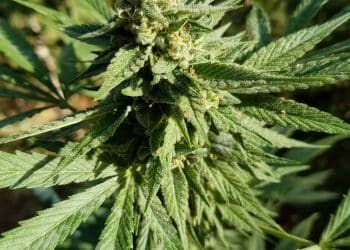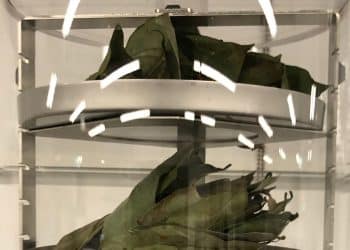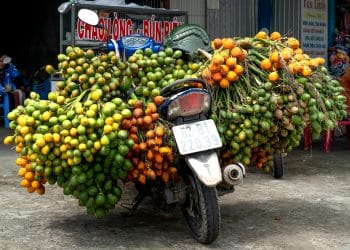How vocabulary impacts the world of cannabis products; a look into the semantics of cannabis extracts.
I have a mission for you.
Go down to your local grocery store and try to buy these things in these specific quantities:
- One bucket of milk.
- Seven planks of chocolate.
- Four handfuls of sausage.
If you’re a vegan, you’re probably not interested in buying any of that, but you couldn’t buy it even if you tried; the measurements don’t match the items, and they aren’t offered in those amounts.
How much does a bushel of cereal cost?
Sometimes, life is complicated simply by the semantics or vernacular of a situation.
That’s exactly what’s happening when people ask, “What’s the difference between an extract and a concentrate?”
Let’s examine how this question is based on a misunderstanding of vernacular by asking a few more relevant questions.
What is an extract?
First, let’s begin with a circular definition.
An extract is any cannabis product that has been extracted from cannabis.
Obviously, a whole flower is not an extraction. It’s part of the plant. Mixing a flower with an oil-medium, or grain alcohol, however, and removing the cannabinoids via osmosis would give you an extract. There are certainly more efficient ways to extract cannabinoids, including with the use of nanotechnology.
The main idea, however, is that extracts are products that have been derived from cannabis.
What is a concentrate?
You might be saying, “If concentrates are derived from cannabis, doesn’t that make them an extract?” It does. Concentrates are extracts. But, they are not 100% equivalent.
Here is another circular definition: Concentrates are cannabis products that have been extracted and then concentrated to increase their potency.
For example, shatter is one type of extract with an extremely high concentration of cannabinoids.
So, what is the difference between extracts and concentrates?
While you won’t find a concentrate that hasn’t been extracted, you can find extracts that haven’t been concentrated. Much like the problem of trying to buy a plank of chocolate, it’s important to use your cannabis vernacular properly to understand what you are buying.
A tincture made from cannabis extracts may be just as potent as the flower from which it was extracted, but it may also be possible to find a concentrated version of that tincture that has a significantly higher cannabinoid potency.
Improve your vocabulary.
As you can see, the language you use is important to what you obtain. If you ask for an extract but you’re looking for a concentrate, you may not get what you want. That’s why it’s key to understand the difference between extracts and concentrates; you don’t want to go home with a plank of extracts when you wanted a 100-gram chocolate bar infused with 100 milligrams of THC.
